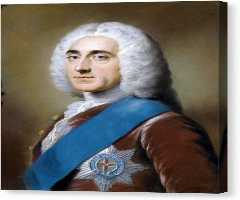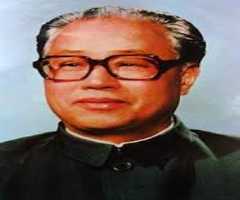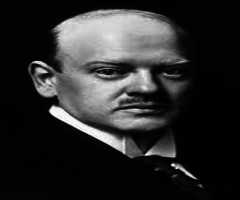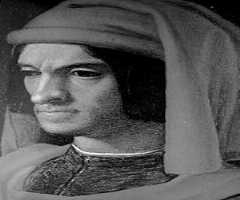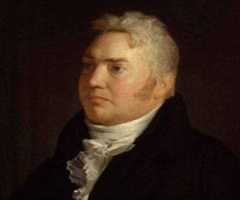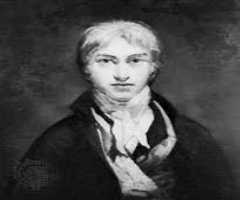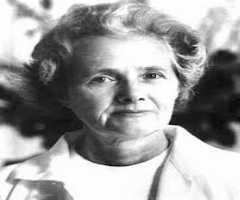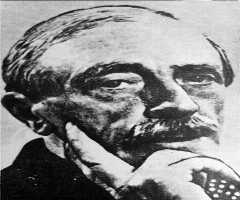William Pitt Biography, Life, Interesting Facts
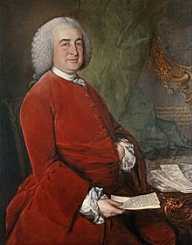
Birthday :
Died On :
Birth Place :
Westminster, England, United Kingdom
Zodiac Sign :
Born on November 15, 1708, William Pitt, 1st Earl of Chatham was a prominent British statement of the Whig. Also known as Pitt of Chatham and William Pitt the Elder, he was a two-time leader of the Great Britain government in the middle of 18th century. William Pitt, 1st Earl of Chatham served as a member of the British cabinet acted as the informer leader between 1756 to 1761. William Pitt, 1st Earl of Chatham led the ministry again from 1766 and 1768. Born into a family of astute politicians with great influence and with his great oratory skills, William Pitt, 1st Earl of Chatham influence in British politics at the time cannot be underestimated.
William Pitt, 1st Earl of Chatham, was very vocal and an ardent critic of government on issues like the Walpole corruption, the 1730s, Hanoverian subsidies, 1740s, peace with France, 1760s, and its policies towards the American colonies in the 1770s.
Early Life
William Pitt, 1st Earl of Chatham, was born on November 15, 1708, at Westminster, England, United Kingdom to Robert Pitt and Harriet Villiers. William’s father was from a prominent family with high political influence. William Pitt, 1st Earl of Chatham, was the second of seven children, including five girls, Harriet, Catherine, Ann, Elizabeth, and Mary with Thomas Pitt being the eldest son.
William Pitt, 1st Earl of Chatham, was educated at the Eton College along with Thomas in 1719. William Pitt, 1st Earl of Chatham, continued at Trinity College, Oxford, as a gentleman-commoner in January 1727. He, however, left the University without a degree after he suffered severe gout in 1728. Afterward, he traveled to France and then Italy on the Grand Tour. William Pitt, 1st Earl of Chatham, continued his education at the Utrecht University, in the Dutch Republic from 1728 to 1730 .
Career
William Pitt, 1st Earl of Chatham briefly served in the military after his education. William Pitt, 1st Earl of Chatham, entered into parliament as a representative of Old Sarum in February 1735 as one of the many serving officers there. While there, William Pitt, 1st Earl of Chatham joined the group known as the Patriots, consisting of a faction of discontented Whigs. They held their meetings in the Stowe House of their leader Lord Cobham.
William Pitt, 1st Earl of Chatham, rose to become one of the influential members of the group. William Pitt, 1st Earl of Chatham, became a fierce critic of the government, which led to Walpole decision to punish him and other members of his like by arranging their dismissal from the army in 1736. This posture was seen as unconstitutional and an attack on their freedom of speech as protected by Parliamentary privilege. Even though Pitt lost his commission in the military, he was soon appointed by Frederick, Prince of Wales as one of his Grooms of the Bedchamber.
William Pitt, 1st Earl of Chatham relentlessly launched attacks on the Walpole government and his personality. He supported an inquiry into the last ten years of his administration in 1742. Walpole finally was forced out of office by the opposition after a poor showing in the 1742 elections and the disaster at Cartagena. Prior to the formation of a new government, Pitt aimed to have a junior position, but that proved futile as his wish of Pulteney taking over new governance failed. Lord Wilmington was chosen as the successor of Walpole shuttering Pitt’s dreams.
Position
Although many of his colleagues in the Patriots were given positions but such was not granted privilege Pitt as King George had fell out with him especially with his critics on the King’s support and subsidies Hanover prior to the Hanover war. He was, however, later considered for a post and given the Vice Treasury of Ireland in February 1746, as he changed some of his stance on some of the issues. William Pitt, 1st Earl of Chatham, was later promoted to the post of paymaster-general in May that same year, earning his a place in the Privy Council. His handling of money and related issues drew compliments from the King and the people as they saw him as placing the nation ahead of his personal gains. William Pitt, 1st Earl of Chatham, was relieved of his post as paymaster in November 1755 as he was opposed to a new system of continental subsidies by the government. Pitt gained the seat of Okehampton in parliament.
William Pitt, 1st Earl of Chatham, was appointed the Secretary of State for the Southern Department and the Leader of the House of Commons under Duke of Devonshire in December 1756. He was however dismissed from his post in April 1757, on his opposition to the foreign policy and the court-martial and execution of Admiral John Byng. In June that same year, Pitt formed a coalition with Newcastle. Though William Pitt, 1st Earl of Chatham was not in good terms with Newcastle at the time and this coalition seemed impossible, the two were able to resolve their issues. They ruled until October 1761. During this time, William Pitt, 1st Earl of Chatham launched several attacks on other continents and gained several colonies.
After the death of King George II on October 25, 1760, his grandson, George III, succeeded him who has some fracas with William Pitt, 1st Earl of Chatham for his coalition with Newcastle and other issues. The King’s counsellor, Lord Bute was appointed to the cabinet as a Northern Secretary. Bute and Pitt could not reach consensus on several issues bringing about some disputes. In an impending threat from Spain and France, William Pitt, 1st Earl of Chatham proposed war on Spain to destabilize their effort but he gained no support from the cabinet. With this, he resigned from the cabinet in October 1761.
William Pitt, 1st Earl of Chatham, was given a pension of £3000 while his wife was created, Baroness Chatham. Few years after his retirement, there were several calls for return even though initial attempts failed. The King entrusted him with the formation of a new government after the then Prime Minister Rockingham was dismissed in July 1766. William Pitt, 1st Earl of Chatham, chose the office of Lord Privy Seal. On August 4, he became Earl of Chatham in the County of Kent and Viscount Pitt of Burton Pinsent in the county of Somerset. He discharged his duties successfully and did appointments on competence but not on connections and favors. Nonetheless, he resigned his post in October 1768.
Personal Life
On November 16, 1754, William Pitt, 1st Earl of Chatham, married to Lady Hester Grenville, daughter of the 1st Countess Temple. The couple was blessed with five children HesterStanhope, Lady Harriet Pitt, John Pitt, 2nd Earl of Chatham, William Pitt the Younger and James Charles Pitt.
More Statesmen
More People From England
-
![Rosie Huntington-Whiteley]()
Rosie Huntington-Whiteley
-
![Richard Branson]()
Richard Branson
-
![Samuel Taylor Coleridge]()
Samuel Taylor Coleridge
-
![Stephen Fry]()
Stephen Fry
-
![J.M.W. Turner]()
J.M.W. Turner
-
![Tom Parker]()
Tom Parker
